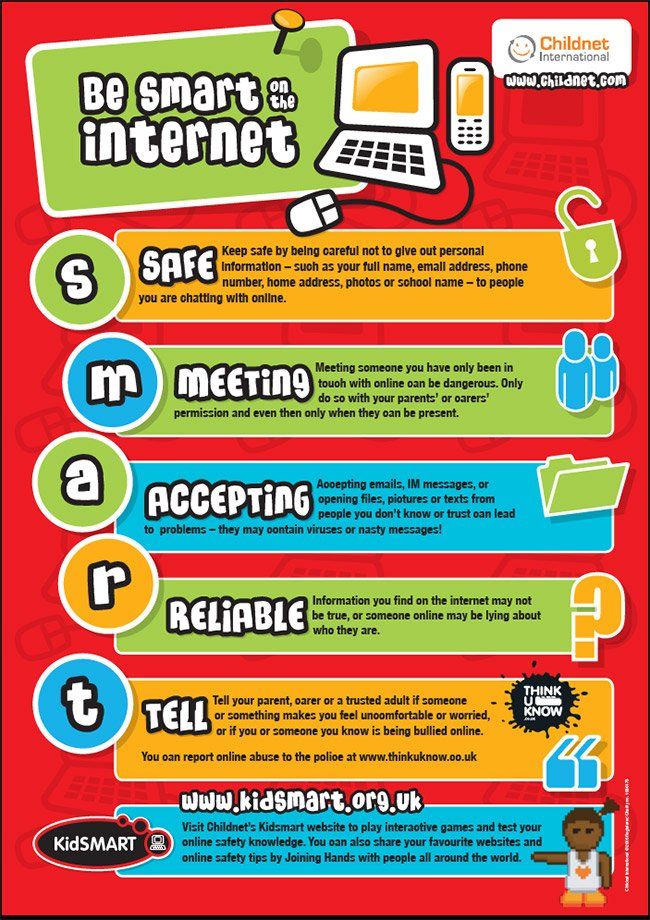Online Safety - Keeping our children safe
Online Safety - Keeping our children safe
The Internet is a vast superhighway of information. It can be really helpful in keeping us connected with each other, it stores millions of pieces of information on any topic imaginable and it can allow us to watch videos, play games and share content with anyone, anywhere.
We can send emails, text images to each other and post online in forums and chat rooms.
For this reason, it can also be a bit scary at times, as it can be difficult to moderate the type of content our children have access to as well as the type of contact they may have with others around the world. We don't always know who is on the other side of the screen or on the other end of a social media profile and so we must be vigilant in moderating what our children do, see and the ways in which they interact with others online.
One thing we can do is moderate the access rights our children have when using the Internet.
Please click below for a list of helpful resources from the NSPCC that deal with how to use Parental Controls on devices including home WIFI, web browsers, mobiles, tablets, gaming consoles, search engines and the like.
As Google Classroom is our chosen online learning platform, you may also find this link useful:
E-Safety videos and games for children
Please click links below for videos and games to help keeping our children safe online.
List of Services
-
KS1 - Digiduck StoriesList Item 1
The Digiduck® collection has been created to help parents and teachers educate children aged 3–7 about online safety.
-
Bandrunner: An E-safety game for KS2List Item 2
Band Runner is a fun interactive game that helps 8-10-year-olds learn how to stay safe from risks they might encounter online.
-
Smart Crew - E-safety cartoons for KS2List Item 3
The Adventures of Kara, Winston and the SMART Crew - 5 fantastic cartoons to illustrate e-safety SMART rules for 7 to 11 year olds.

When downloading files from the internet, whether in an email attachment, a text message or through social media, it's always a good idea to first determine whether you are certain of the identity of the person who has sent you the material.
What seems to be a harmless link sent by a friend could actually be a phishing or spam email message from a carefully-constructed email account that mimics the name of someone you know, looking to steal personal information.
Sometimes, clicking a file could download a virus onto a device, which could allow someone remote access to your information and files stored on that device.
These days it's especially concerning as we often use our devices for a number of applications, including internet banking, home security, etc.
Always ensure you have some sort of virus protection on your devices and avoid clicking pop-ups or files you're unsure about.
For more information, please visit the National Cyber Security Centre's website 'Top tips for staying secure online'.
For more resources to support parents and carers to help their children stay safe online, please see the links below:
Parent Zone - advice, knowledge and support for keeping children safe online
NCA-CEOP - advice and support about child exploitation and online safety.
NSPCC -
provides support, advice and resources to help keep children safe.
Think u know - guidance and advice about online abuse.
Childnet - online safety guides.
Click below to read our monthly online safety newsletters:
For read Mossford Green's E-Safety Policy, please find on the policies
page
